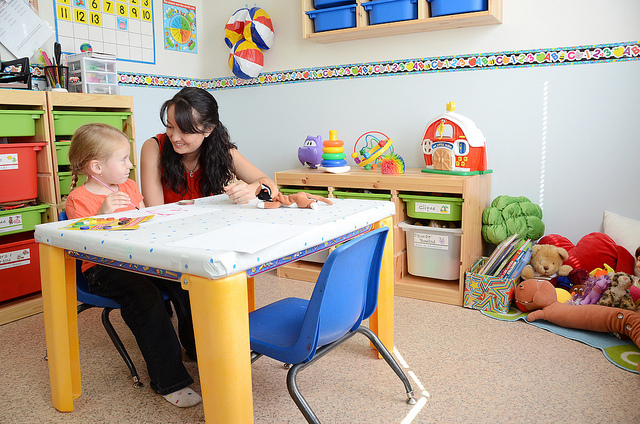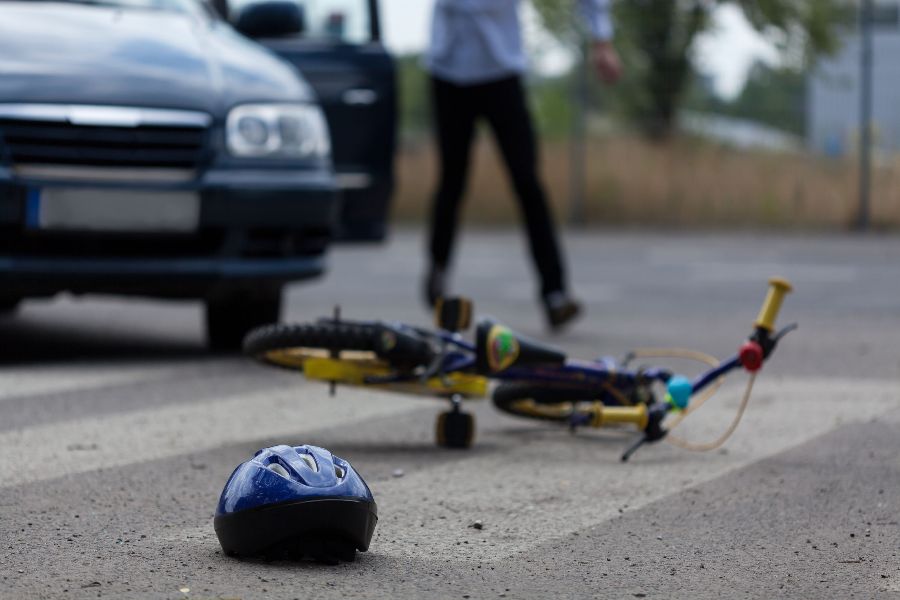A career in childcare can be one of the most rewarding jobs someone can have. A critical mistake often made by those new to the profession is to assume work in childcare is similar to their baby sitting days of old. Fact is, there are a lot more steps that go into being a successful child care professional in 2014. Knowing what you need will not only help you better prepare to work with children, it will also help you stay licensed and provide the foundation for a successful career in this important vocation.
Essential Trainings 1 through 3 – Child Safety
The first step in getting prepared to work as a childcare professional is actually a combination of several requirements. You must make sure you have necessary life saving training in order to better serve your children in the event of an emergency. As someone who has worked in childcare and been around a center most of my life, do not make the mistake of being ill prepared for an emergency. They almost inevitably will occur. Not just you, but all your employees should be first aid and cardiopulmonary resuscitation (CPR) certified. Beyond this, there are preventative health and safety courses taught in conjunction with the others that are recommended. Most of these course can be taught on site and requires no extra travel or materials. With how easy it is to organize one of these on site events, the real question is why wouldn’t you ensure your entire staff is better prepared in an emergency?
Essential Trainings 4 through “A lot” – Earning your CDA
Since there are a large number of people wanting to get into early childhood care it will be beneficial to hold a Child Development Associate (CDA) to stand out among other applicants. While those who have been working in the profession for years may not have this credential, it is very difficult to gain employment today without one. Even those who have been working without a CDA for some time have recently made it a point to take the necessary coursework for the distinction. It not only makes you more desirable as an individual, but the center as a whole looks better when all of it’s staff have a CDA. Depending on the age range of the center or those you’ll be working with, it may even be required in your area to hold your CDA before gaining employment in the profession.
So what classes and trainings will you attend if enrolled in a CDA curriculum? There are a wide range of courses ranging from special needs to infant safety to basic bookkeeping for caregivers. Obviously your job in a center and age group will play a role in what classes make the most sense for you. If you plan on working with infants and toddlers you may lean toward classes focused on safety in various situations.
You might also look into enrolling in classes centered around child nutrition and food allergies. If you’ll be working with older children, you will find courses dealing with curriculum planning, child development, and conflict resolution. Whatever age group or role you feel is the best fit for your strengths, the important thing to remember is that there are classes available to better prepare you.
For those currently carrying a CDA or other licenses/distinctions, there is never a bad time to continue your education. Learning never stops for those responsible for the education and well being of our children. You’ve already made the great decision to be a child care professional, now it’s time be the best one you can be.
Brian Levesque is a content writer and blogger at www.eCompliance.com. eCompliance software helps companies organize
their HSE activities so they can spend more time ensuring their employees are safe.





